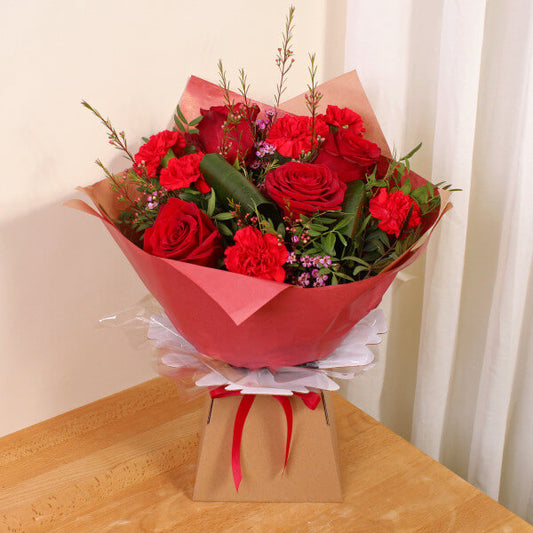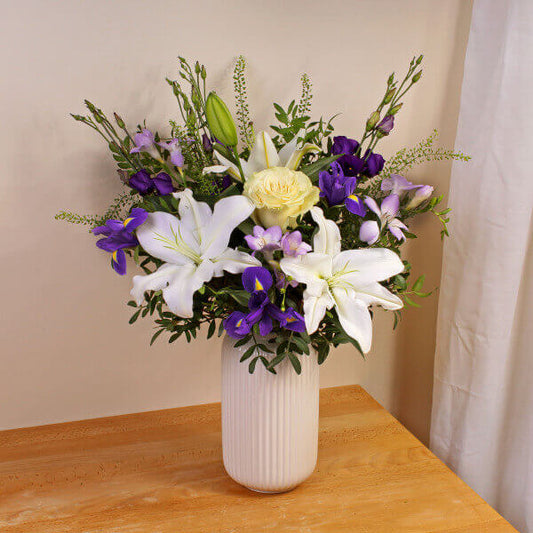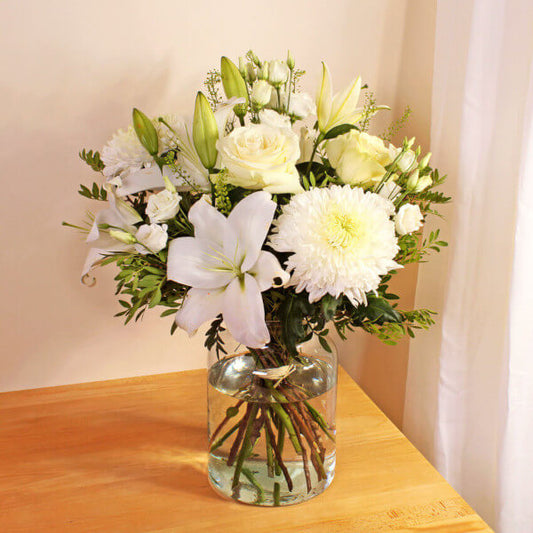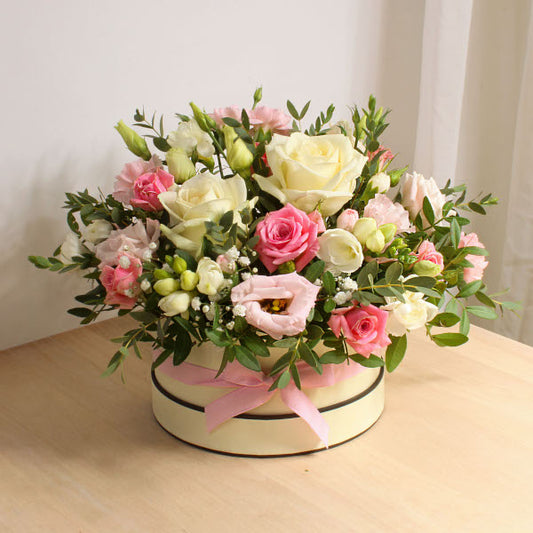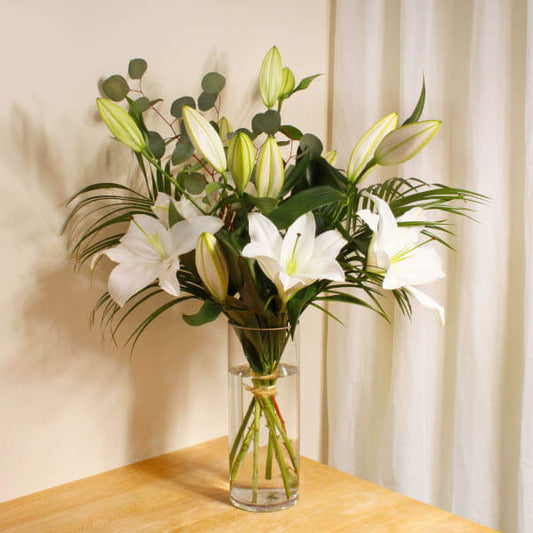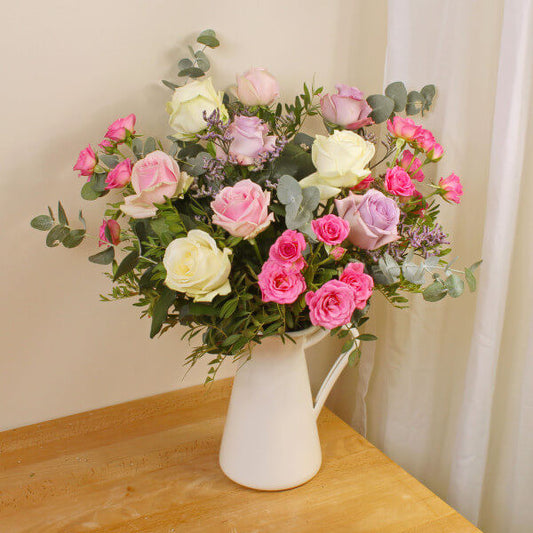

DOVER BEST SELLERS
-
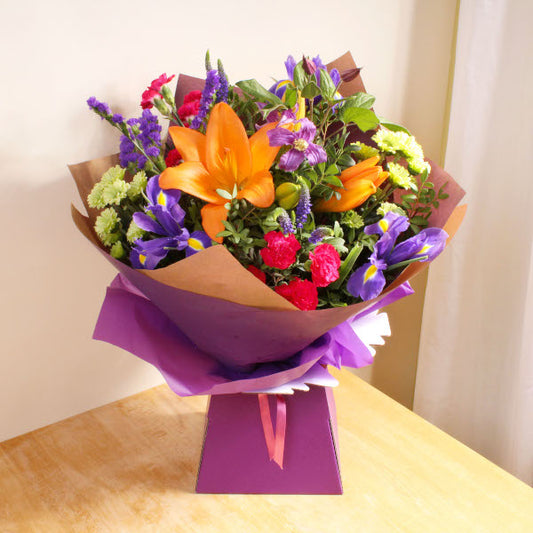 Sale
SaleAvailable Today: 08 Dec
Jewel Gift Box
Regular price £47.99Regular priceUnit price / per£50.99Sale price £47.99Sale -
Available Today: 08 Dec
Snowy Day Giftbox
Regular price £48.99Regular priceUnit price / per -
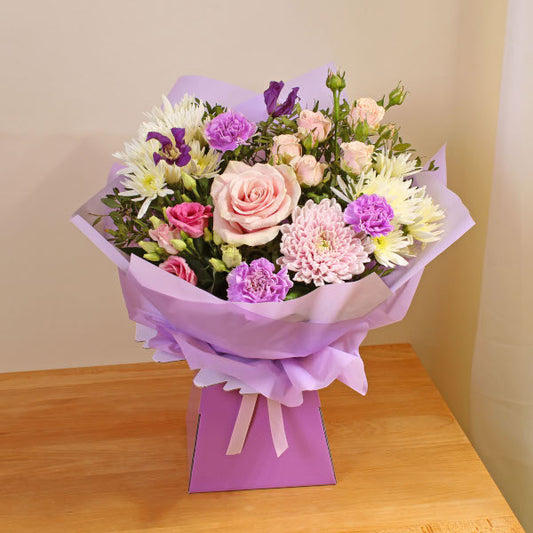 Sale
SaleAvailable Today: 08 Dec
Pastel GiftBox
Regular price £46.99Regular priceUnit price / per£50.99Sale price £46.99Sale -
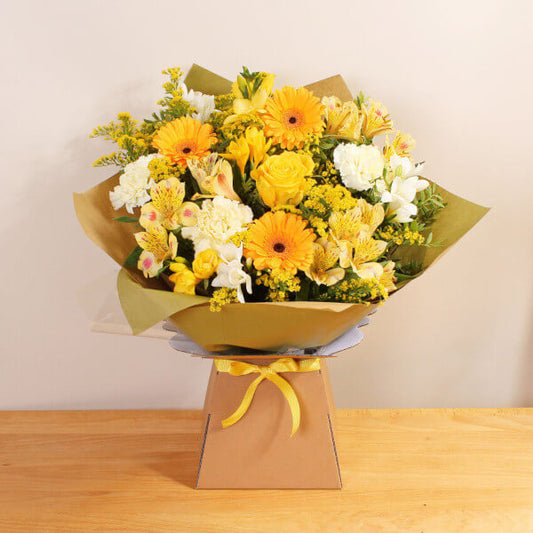 Sale
SaleAvailable Today: 08 Dec
Sunshine Giftbox
Regular price £47.99Regular priceUnit price / per£50.99Sale price £47.99Sale -
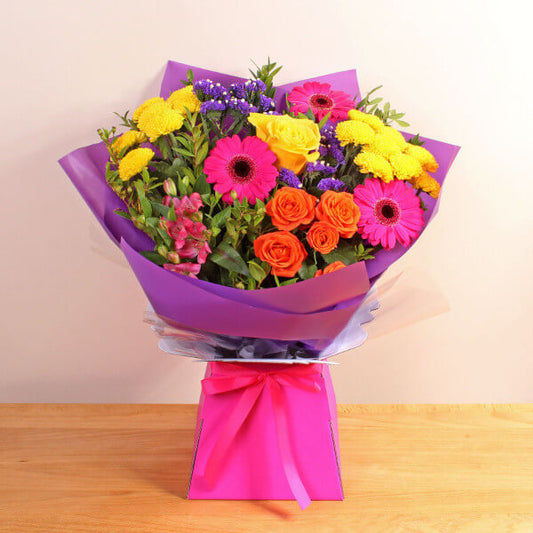 Sale
SaleAvailable Today: 08 Dec
Blazing Beauty
Regular price £46.99Regular priceUnit price / per£50.99Sale price £46.99Sale -
Available Today: 08 Dec
Nutcracker
Regular price £48.99Regular priceUnit price / per -
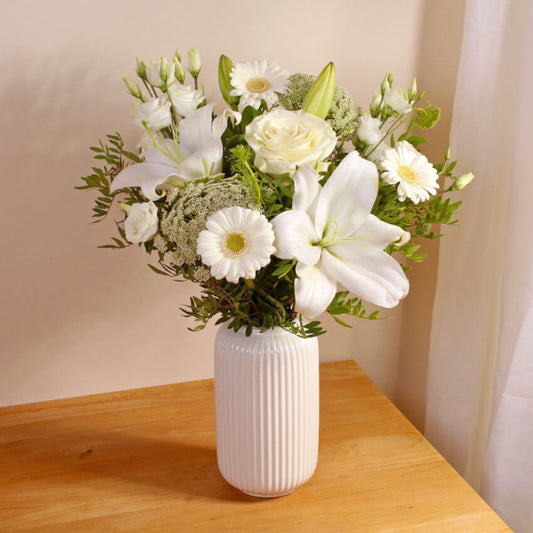 Sale
SaleAvailable Today: 08 Dec
Pearly White
Regular price £47.99Regular priceUnit price / per£50.99Sale price £47.99Sale -
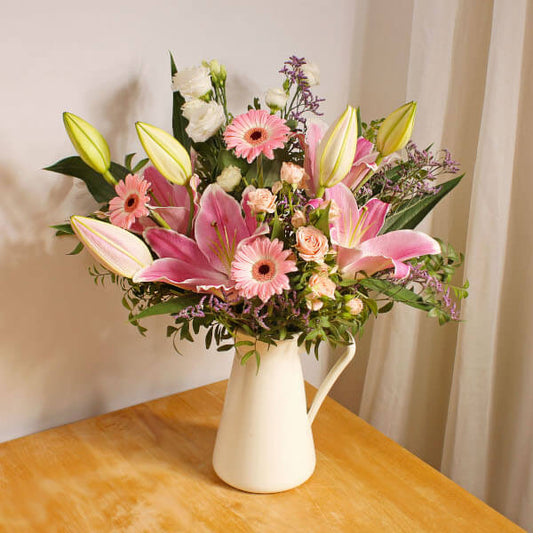 Sale
SaleAvailable Today: 08 Dec
Sweet Memory
Regular price £47.99Regular priceUnit price / per£50.99Sale price £47.99Sale -
Available Today: 08 Dec
Violet Vibes
Regular price £47.99Regular priceUnit price / per -
Available Today: 08 Dec
Timeless White
Regular price £50.99Regular priceUnit price / per -
First Available: 09 Dec
HO HO HO Hatbox
Regular price £53.99Regular priceUnit price / per -
First Available: 09 Dec
The Sophia Hatbox
Regular price £55.99Regular priceUnit price / per -
Available Today: 08 Dec
White Lilies Bouquet
Regular price £49.99Regular priceUnit price / per -
Available Today: 08 Dec
Pastel Mixed Roses
Regular price £59.99Regular priceUnit price / per -
Available Today: 08 Dec
Warm Wishes
Regular price £45.99Regular priceUnit price / per
DOVER
Dover, a city steeped in history and brimming with tourist attractions, is a destination that should be on everyone's travel list. From its rich historical significance to its breathtaking sights, Dover has something to offer for every type of traveler.
When exploring Dover's history, one cannot miss the iconic Dover Castle. This medieval fortress stands proudly atop the White Cliffs and offers panoramic views of the English Channel. Visitors can immerse themselves in centuries of history as they explore the castle's secret wartime tunnels and admire its grand architecture.
For those seeking a more serene experience, St. Martin's Church is a must-visit. Dating back to the 6th century, this ancient church boasts stunning stained glass windows and beautifully preserved medieval features.
To make your visit even more memorable, consider surprising your loved ones with same-day flower delivery. Thanks to a collaboration between Flower Shops Network and local flower shops like Serendipity Flowers, you can easily order flowers online or directly through Serendipity Flowers' website. Alternatively, you may also choose to personally visit the nearest local flower shops for an added personal touch.
Imagine arriving at your hotel or Airbnb with a beautiful bouquet waiting for you or surprising a friend or family member with fresh flowers during their stay in Dover. It adds an extra touch of warmth and thoughtfulness to any occasion.
With same-day flower delivery options available through collaborations like Flower Shops Network and Serendipity Flowers, adding a touch of elegance to your visit has never been easier. So why wait?
Our Partner Florist
serendipity flowers, www.serendipityflower.co.uk
95 Canterbury Rd, Hawkinge, Folkestone CT18 7BS, United Kingdom
We also deliver flowers to the following nearby areas:








